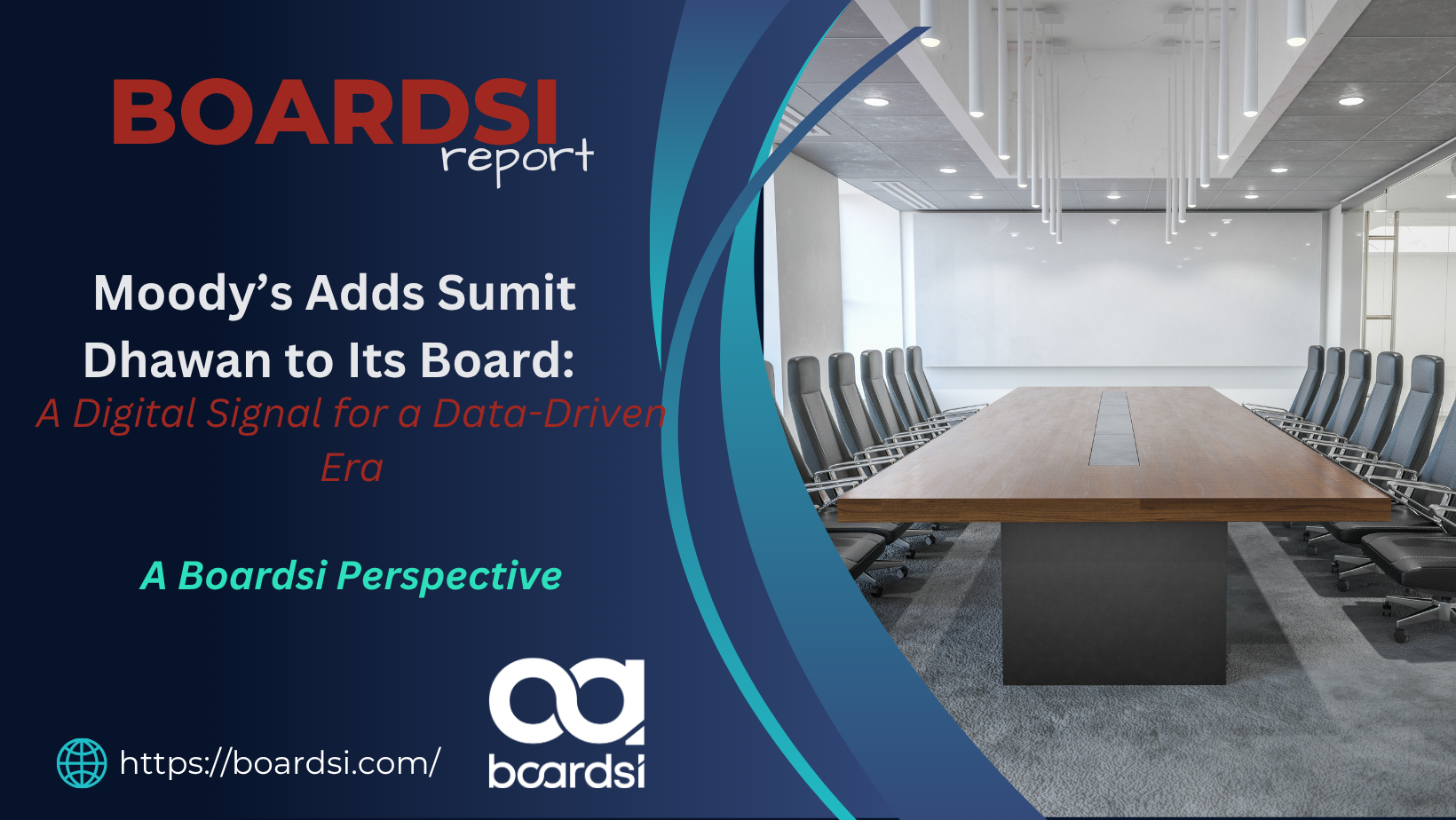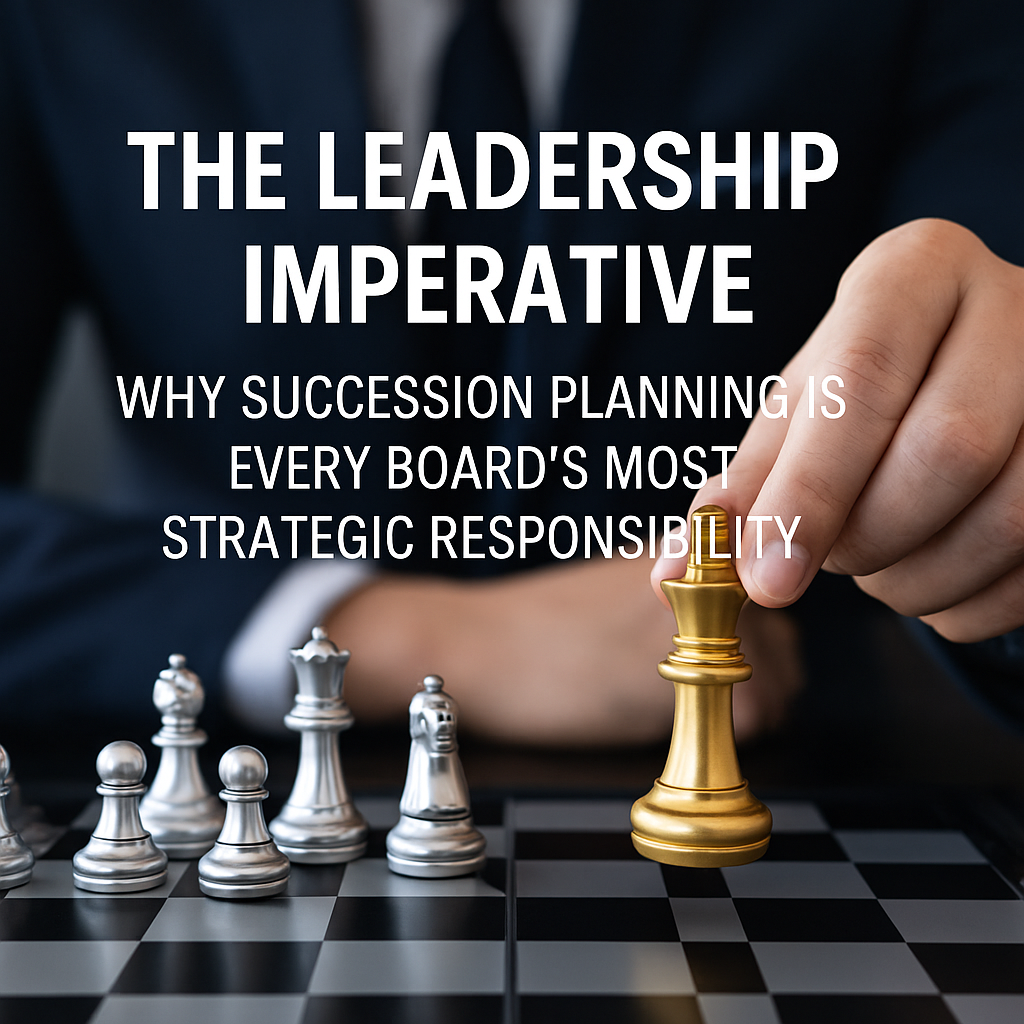As artificial intelligence (AI) continues to find its place in various industries, its integration into business processes and decision-making frameworks becomes increasingly valuable and even essential. Amidst the rapid advancement of AI technology, the importance of preserving the human touch is key. In executive leadership roles, where strategic decisions shape the trajectory of organizations, maintaining a delicate balance between leveraging AI capabilities and upholding human values is paramount.
Delving into the critical role of human-centric leadership in navigating the AI landscape reveals how, by prioritizing ethical considerations, fostering empathy, and championing inclusivity, leaders can harness the transformative potential of AI while safeguarding against potential pitfalls. The convergence of technology and humanity is a necessity for sustainable progress and meaningful innovation.
Understanding the Role of AI in Executive Leadership
Artificial intelligence (AI) constitutes a suite of technologies designed to mimic human cognitive functions, enabling machines to analyze data, recognize patterns, and make informed decisions autonomously. In the realm of executive leadership, AI applications range from predictive analytics for market trends to optimizing operational efficiency through automation.
While AI offers unprecedented opportunities to enhance decision-making processes, its integration presents multifaceted challenges. Chief among these is the risk of algorithmic bias, where AI systems may perpetuate or exacerbate existing inequalities if not carefully monitored and regulated. Moreover, the opaque nature of AI algorithms raises concerns regarding accountability and transparency in decision-making.
To mitigate these risks and capitalize on the benefits of AI, human oversight and ethical frameworks are imperative. Human-centric leadership entails not only leveraging AI capabilities but also ensuring that its deployment aligns with ethical principles and societal values.
By integrating diverse perspectives and fostering a culture of accountability, organizations can navigate the complexities of AI in leadership roles effectively. Thus, understanding the nuanced interplay between technology and humanity is essential for fostering responsible AI adoption and advancing ethical leadership practices.
Human-Centric Leadership in the Age of AI
Human-centric leadership embodies a set of qualities and characteristics that prioritize the well-being and empowerment of individuals within organizations. In the context of AI, these attributes become even more crucial as leaders navigate the complexities of technology-driven environments.
Leaders who espouse human-centric principles demonstrate a keen understanding of the ethical implications of AI adoption and prioritize the protection of human dignity and rights. They recognize the importance of empathy and emotional intelligence in fostering inclusive and collaborative work cultures, where diverse perspectives are valued and respected.
“In AI-driven environments, human-centric leaders leverage technology not as a replacement for human judgment but as a tool to augment decision-making processes,” says Martin Rowinski, the CEO of innovative executive recruiting platform, Boardsi. “They ensure that AI systems are deployed ethically and transparently, with careful consideration given to potential societal impacts.”
While examples of such leaders abound, their approaches vary depending on organizational context and industry. Nevertheless, their common thread lies in their unwavering commitment to placing human values at the forefront of technological advancements. As organizations navigate the digital transformation landscape, human-centric leadership emerges as a guiding principle for ethical and sustainable AI integration.
Navigating Ethical Dilemmas in AI-Enabled Leadership
The integration of artificial intelligence (AI) into executive leadership roles brings forth a myriad of ethical challenges that demand careful consideration. Among these challenges are issues of algorithmic bias, wherein AI systems may perpetuate or amplify existing social inequalities if not properly addressed. Additionally, concerns regarding data privacy and security arise as AI algorithms rely on vast amounts of sensitive information for decision-making.
The potential for job displacement due to automation necessitates proactive measures to mitigate adverse socio-economic impacts. To navigate these ethical dilemmas effectively, leaders must adopt a proactive stance and implement strategies for ethical decision-making.
This entails establishing robust frameworks for identifying and addressing biases in AI algorithms, as well as safeguarding individual privacy rights through transparent data governance practices. Moreover, fostering a culture of transparency, accountability, and inclusivity within AI-driven organizations is essential for building trust among stakeholders and mitigating potential risks.
By embracing ethical leadership principles and prioritizing human values in AI-enabled decision-making processes, organizations can navigate the complexities of the digital age while upholding ethical standards and promoting societal well-being. As AI continues to evolve, ethical considerations must remain at the forefront of executive leadership agendas to ensure responsible and sustainable technological advancements.
Building a Future-Ready Leadership Paradigm
Today’s Leaders must embrace a forward-thinking mindset and actively seek opportunities for continuous learning and skill development in AI. This includes staying abreast of emerging AI technologies and understanding their potential implications for business operations and societal well-being. A key strategy for building a future-ready leadership paradigm is to cultivate a diverse and inclusive leadership team.
By harnessing the collective wisdom and perspectives of individuals from varied backgrounds and experiences, organizations can foster innovation and creativity while mitigating the risks of groupthink. Moreover, inclusive leadership practices promote a sense of belonging and empowerment among team members, thereby enhancing collaboration and productivity in AI-driven environments.
Leaders must prioritize adaptability and resilience in the face of technological disruption. This involves embracing change and proactively seeking opportunities to leverage AI technologies for competitive advantage. By fostering a culture of agility and experimentation, organizations can position themselves as leaders in the digital age while upholding human values and ethical principles.
Building a future-ready leadership paradigm requires a concerted effort to develop diverse, inclusive, and adaptable leadership teams capable of harnessing the transformative potential of AI while safeguarding against its potential risks. Through continuous learning, strategic foresight, and a commitment to ethical leadership, organizations can thrive in the age of AI and drive sustainable growth and innovation.
The imperative for human-centric approaches in AI strategies will continue to grow. Leaders are called upon to prioritize empathy, inclusivity, and ethical considerations in their decision-making processes, ensuring that AI advancements align with human values and contribute positively to society. By fostering a culture of transparency, accountability, and continuous learning, organizations can harness the transformative potential of AI while mitigating potential risks and fostering trust among stakeholders.
Source: The American Reporter
#AI #ArtificialIntelligence #ExecutiveLeadership #HumanCentricLeadership #EthicalAI #BusinessInnovation #DigitalTransformation #StrategicLeadership #AIIntegration #AIinBusiness #EmpathyInLeadership #Inclusivity #EthicalDecisionMaking #AIandSociety #FutureReadyLeadership #LeadershipDevelopment #ResponsibleAI #AIOpportunities #AIEthics #AIChallenges









